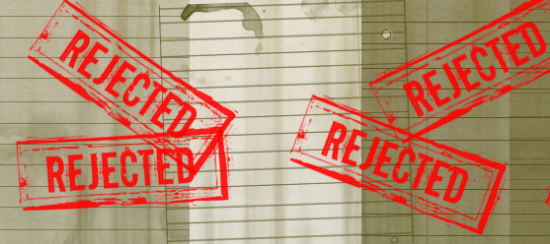United States, Canada, and UK Refuse to Sign New United Nations Internet Treaty

It seems one of the initial goals of the rewritten treaty were to stop spammers from sending mass emails. That can be difficult when different countries have different laws for what a person can do online. Getting everyone to agree that spam is the worst shouldn’t be too hard, but countries like China, Iran, and Russia wanted to add rules that would allow all governments to have equal control over the Internet, since right now the U.S. pretty much runs the place.
Western countries saw this as a move by authoritative regimes to control what their citizens could post and have access to online. Many countries that supported the new rules already have rigorous online censorship. The United Arab Emirates, which hosted the conference, added new policies last month making it illegal to criticize leaders or call for protests online. That’s basically the kind of thing the countries refusing to sign the treaty want to prevent.
The conference wraps up today, and although revisions can still be made it’s unlikely that the two sides will find common ground and come up with a treaty everyone likes. Who knew getting 193 countries with very different views of government control over the the Internet to agree would be so hard?
(via AP, image via Sean MacEntee)
- Iran launched its own version of YouTube
- They also blocked Gmail and YouTube
- Syria shut down the Internet altogether
Have a tip we should know? tips@themarysue.com